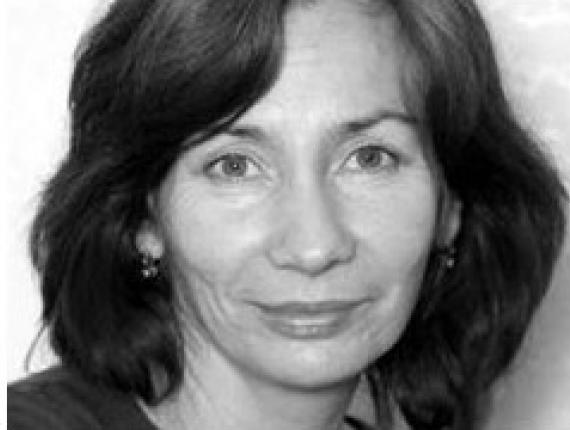The murder of Natasha Estemirova 12 years on
Statement by Memorial Human Rights Centre
Twelve years ago, Natasha Estemirova, our colleague, friend and fellow activist, was kidnapped and murdered. Natasha was a schoolteacher from Grozny who, from the start of the 1990s, began to fight for justice, first as a trade union activist and then as a human rights defender and journalist. She worked with Memorial from September 1999, from the very beginning of the Second Chechen War. Very soon she became the very heart and motor of our work.
Natasha fearlessly defended victims of war, documenting human rights violations — what were essentially war crimes and crimes against humanity, including above all enforced disappearances — during this ‘counter-terrorist operation.’ Of course, this work angered those responsible for these crimes: the security forces, at first federal and later Chechen. Natasha repeatedly received threats, including from Ramzan Kadyrov.
On the morning of 15 July 2009, Natalya Estemirova was kidnapped as she left her home in Grozny. She was taken from Chechnya to Ingushetia, where she was murdered near the village of Ali-Yurt.
It is clear to us that this crime was committed by members of the Chechen security forces. Oleg Orlov, then chair of the board of Memorial Human Rights Centre, directly placed the blame for Natasha’s death on Ramzan Kadyrov, justifying this position at length in court.
The official version of the crime was that Estemirova was killed by insurgents on the orders of Doku Umarov, leader of the Caucasus Emirate, an organisation banned in Russia and designated as terrorist, and that the immediate perpetrator of the crime was killed soon afterwards. This version does not withstand criticism, as proven by the report, published in 2011, Two years after the murder of Natalya Estemirova: Investigation on the Wrong Track, by the International Federation for Human Rights (FIDH), Novaya gazeta and Memorial Human Rights Centre.
Ten years have since passed, but neither the mastermind, the organiser, nor the perpetrators of this political murder have been found.
This is not surprising. In Russia, politically motivated murders, and attempted murders, of those opposed to the government, of civic activists, human rights defenders and journalists from independent media, as a rule go unsolved when those in power, or close to them, are behind the killings.
It is possible to investigate such murders. The killings of the lawyer Stanislav Markelov and journalist Anastasia Baburova, for example, like others committed by the neo-Nazi terrorist underground in Russia, were successfully investigated and the perpetrators brought to justice. The neo-Nazi underground was broken up, but only because government officials and security forces saw it as a real threat to themselves. Consequently, the authorities showed political will. Earlier, the authorities had flirted with this underground and sought to use it for their own ends. There has been no such political will regarding the investigation of other political murders. On the contrary, the authorities themselves usually declare the victims of these killings as ‘enemies’ in advance, in effect designating them as ‘permitted targets.’ In the upshot, at best some of the immediate perpetrators of the crimes end up in the dock, but never those who ordered the killings.
The past year has provided us with new insights into how murders of those whom the authorities consider politically undesirable can be organised and carried out in Russia. There is no doubt that state security agencies are behind these killings, agencies that themselves subsequently take part in the ‘investigations.’
In these circumstances, it would be naive to believe Natasha Estemirova’s murder will be investigated by official bodies and the masterminds, organisers and perpetrators be brought to justice.
However, we are convinced that sooner or later the truth about this crime will be made public and a monument to the dauntless Natasha will be erected in Grozny.
See also:
• The special project ‘10 years without Natalya Estemirova’
• A video from a memorial evening in honour of Natasha held in 2019
• Other materials


